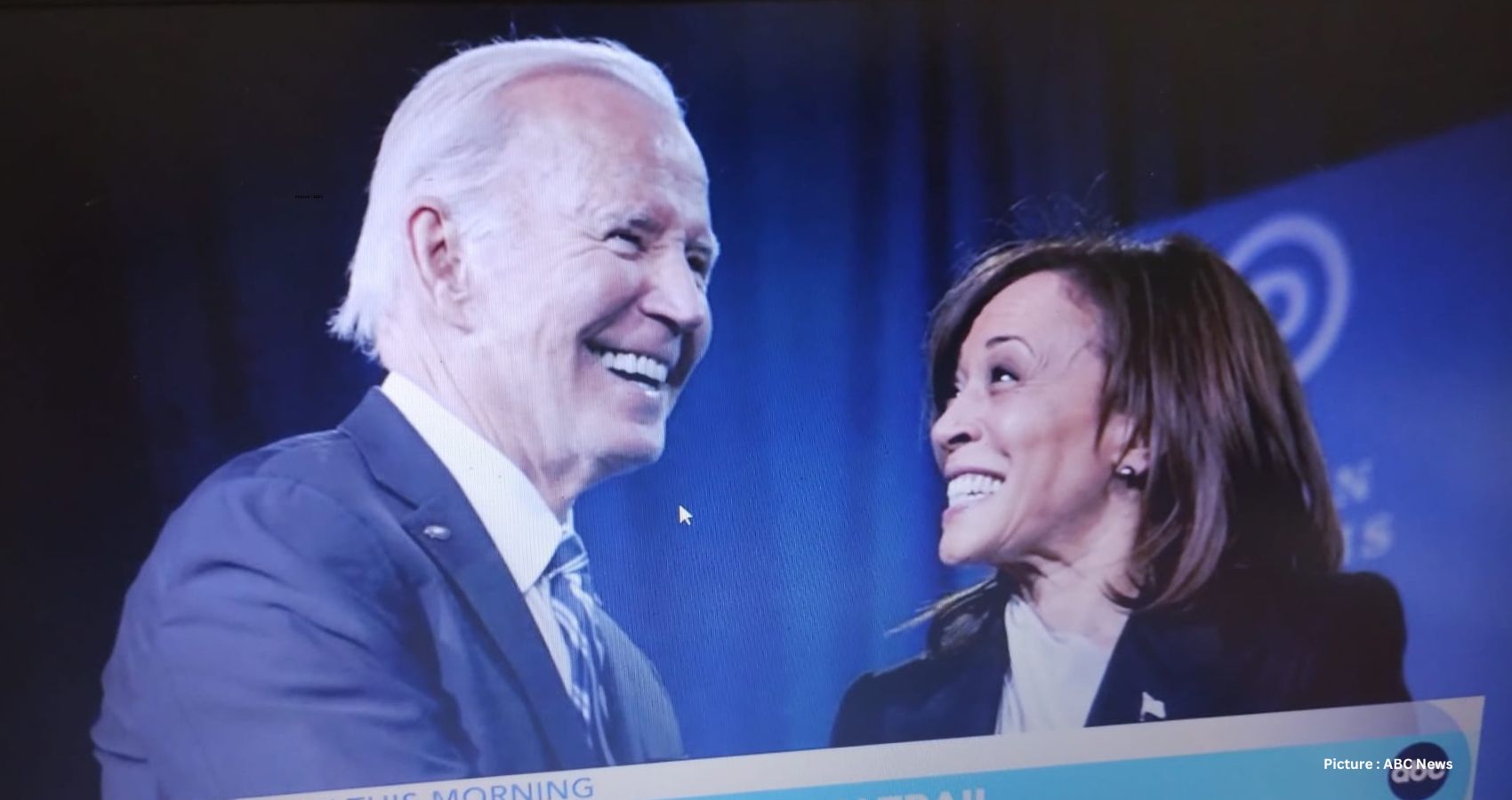In his inaugural major campaign event of 2024, President Joe Biden is set to deliver a significant speech near Valley Forge, Pennsylvania, on the eve of the third anniversary of the January 6, 2021, attack on the U.S. Capitol. The president, deeply involved in crafting the speech, aims to convey that democracy and essential freedoms face a perilous threat if former President Donald Trump were to return to the White House. This assertion follows a series of consultations with historians and scholars at the White House, echoing themes from the 2020 campaign, which Biden characterized as “a battle for the soul of the nation.”
Biden’s speech, scheduled at Montgomery County Community College in Blue Bell, Pennsylvania, will feature attendees motivated by the Jan. 6 attack, including young individuals inspired to engage in politics, “voter protection volunteers” from the 2020 election, and elected officials directly affected by the events of Jan. 6, 2021. The campaign strategically positions the location in the election battleground state as a “stone’s throw” from where Gen. George Washington transformed colonial militias into a unified force during the Revolutionary War nearly 250 years ago.
Campaign manager Julie-Chavez Rodriguez emphasized the historical significance, stating, “This Saturday will mark the three-year anniversary of when, with encouragement from Donald Trump, a violent mob breached our nation’s Capitol.” She added, “It was the first time in our nation’s history that a president tried to prevent the peaceful transfer of power.”
As the Iowa Republican primary approaches and Biden faces persistent polling challenges, there is an anticipation that he will adopt a more assertive stance against Trump. However, some Democratic strategists question the effectiveness of the “threat to democracy” message, considering the passage of three years since Jan. 6 and Trump’s tenure in the White House.
Democratic strategist James Carville emphasized the impact of daily life on public perception, stating, “People live in the economy and experience it many times a day. They don’t live on January 6th.” Meanwhile, Tim Hogan, who worked on presidential campaigns for Democratic figures, urged the Biden campaign to highlight the contrast with Trump, emphasizing the various threats posed by the former president.
Hogan referred to a recent poll indicating that 55% of Americans view Jan. 6, 2021, as an “attack on democracy that should never be forgotten,” with a majority believing Trump is likely guilty of a criminal conspiracy to overturn the election. However, he noted the growing partisan divide in views about the attack, with misinformation influencing opinions.
The poll highlighted that 25% of Americans falsely believe the FBI was responsible for the Jan. 6 attack, and partisan differences emerge regarding the nature of the pro-Trump mob’s actions. Despite these challenges, Hogan emphasized the importance of addressing the multifaceted threats posed by Trump during the campaign.
A Washington Post-University of Maryland poll from this week revealed that while Americans agree on the risk to democracy in 2024, they differ in their reasons. Democrats and independents express concern about a second Trump term, while Republicans believe democracy would weaken under another Biden term.
The speech, initially scheduled for Saturday, was rescheduled to Friday due to anticipated bad weather in Valley Forge. The campaign strategically leverages the symbolic setting to underscore Biden’s commitment to voluntarily leaving office, contrasting with Trump’s tenure. Deputy campaign manager Quentin Fulks emphasized George Washington’s relinquishing of power as a crucial precedent for American democracy.
In closed-door campaign fundraisers, Biden has often referred to Trump as his “predecessor,” but Friday’s speech could see more public and robust condemnations. Biden may specifically address Trump’s anti-immigrant comments, which he characterizes as “Nazi rhetoric,” and criticize Trump’s vision of leadership involving “revenge and retribution.”
Trump, a consistent frontrunner for the Republican nomination, faces 91 criminal charges in four felony cases, one of which relates to his efforts to overturn the 2020 election loss to Biden. Despite the legal challenges, Trump continues to deny any wrongdoing.
The campaign’s choice of locations, including the speech near Valley Forge and a recent visit to Charleston, South Carolina, emphasizes the stakes of the upcoming election. The campaign aims to highlight the ideals of freedom and democracy on which the nation was founded 250 years ago, showcasing a commitment to stand against political violence and extremism.
The Biden campaign, in its first television ad of 2024, frames the preservation of democracy as the central issue of his presidency. Although not mentioning Trump by name, the ad warns against an “extremist movement” that contradicts the basic beliefs in democracy, showcasing images of the Capitol attack and the “Unite the Right” rally in Charlottesville in 2017.
To prepare for the speech, the White House disclosed that Biden had lunch with historians and scholars to discuss “ongoing threats to democracy and democratic institutions both here in America and around the world.” Concurrently, Vice President Kamala Harris is embarking on a series of visits to South Carolina, where she will launch a “reproductive freedoms tour” on the anniversary of the Roe v. Wade decision.
As Trump conducts “commit to caucus” rallies in Iowa, the Biden campaign positions itself to address the overarching theme of preserving democracy, emphasizing the critical choice faced by Americans in the upcoming election.


